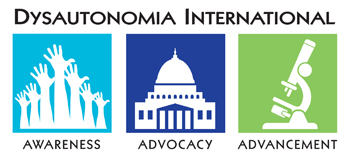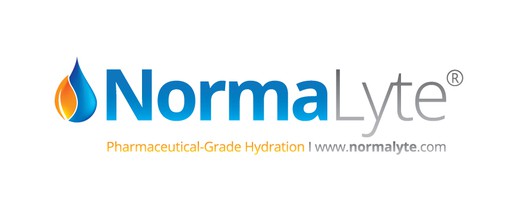If you are reading this page, chances are you have a student at your school who has a form of dysautonomia. Dysautonomia is an umbrella term used to describe a group of medical conditions. Some of these conditions are rare, and some are fairly common. However, even the more common dysautonomia conditions are not well known by the general public and medical community. Dysautonomia International is working to change that, much like other health advocacy organizations have done with other common but once unheard of diseases, like Autism, Parkinson's and Multiple Sclerosis.
We offer educators several resources to help them learn about the various forms of dysautonomia. You can review information on:
Dysautonomia in general
Syncopal Disorders (fainting)
Postural Orthostatic Tachycardia Syndrome (POTS)
Pure Autonomic Failure (PAF)
Other forms of dysautonomia
We also have printable brochures that explain the basics of dysautonomia.
If your student has been diagnosed with a form of dysautonomia you don't see listed on our page, that doesn't mean your student is making it up. There are many, many forms of dysautonomia and some of them are quite rare. You can contact us at info@dysautonomiainternational.org and request information on other forms of dysautonomia that are not mentioned on our page, and we will try to get you some accurate medical information on that condition.
We also have an article that discusses Accommodations for the Classroom that may help patients with dysautonomia, although we want to emphasize that each person in unique and the teacher, school, parents, and physicians should work together to tailor an individualized accommodation plan for the student. If the student is old enough, we encourage you to make the student part of the decision making process too.
One thing to keep in mind is that most dysautonomia patients look totally "normal" and "healthy." Sometimes it can be hard for teachers or classmates to understand why someone with dysautonomia is asking for an accommodation, or why they have to stay home from school more often than other students. People may say, "well she looks FINE." Yes, that is true. Most forms of dysautonomia do not result in visible changes to a person's outward appearance. However, the physical changes going on inside the person's body are very real, and sometimes very serious. We are all reminded not to judge a book by its cover.
| | |



